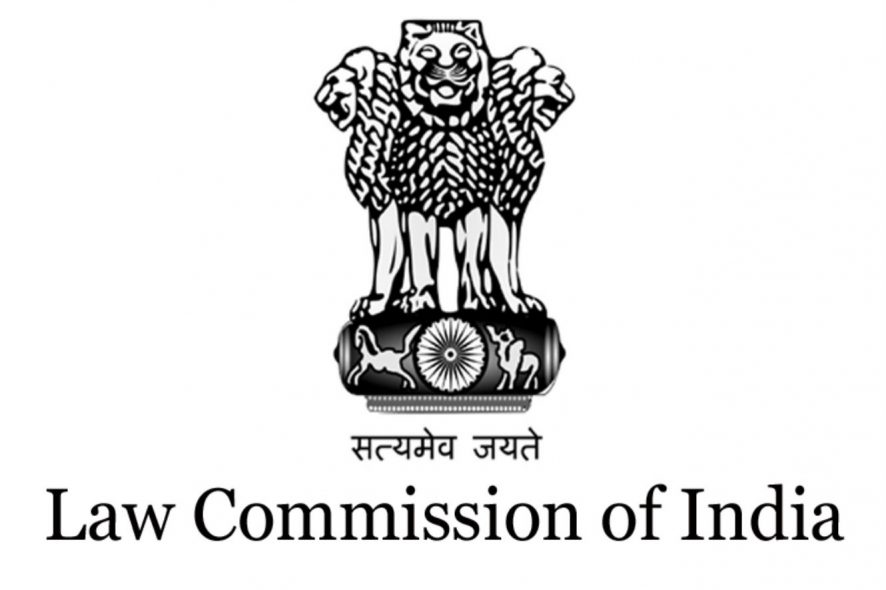Recently, the Law Commission of India headed by Dr Justice B.S Chauhan submitted its 263rd Report to Law minister Shri Ravi Shankar Prasad. In this report, the Law Commission has recommended the Protection of Children (Inter-Country Removal and Retention) Bill, 2016.
It is pertinent to note that the High Court of Punjab and Haryana, in Seema Kapoor v. Deepak Kapoor[1] had referred the matter to the Law Commission of India “to examine multiple issues involved in inter-country, inter-parental child removal amongst families and thereafter to consider whether recommendations should be made for enacting a suitable law for signing the Hague Convention on child abduction.”
After receiving this reference, the Law Commission examined the issues involved and found that the Law Commission had already examined the said issues and submitted the 218th Report titled “Need to accede to the Hague Convention on the Civil Aspects of International Child Abduction (1980)”, advising the Government of India to sign the Hague Convention on the Civil Aspects of International Child Abduction, 1980, which came into force on 1st December, 1983 (hereinafter referred to as “Hague Convention, 1980”).
During the examination of the issues, the Commission also found that the Government of India has already prepared a draft of the “Civil Aspects of International Child Abduction Bill, 2016” (hereinafter referred to as “the Bill”).
In this 263rd report, the Commission examined the abovementioned draft bill and came to a conclusion that it requires revision keeping in view the legislative precedents and practices followed in the drafting of bills and to suitably harmonize its provision with the Hague Convention, 1980.
The Law Commission in this report has submitted a comparative statement showing the provisions of the draft bill, placed on the website of the ministry of women and child development and the revised recommended Bill (Protection of Children (Inter-Country Removal and Retention) Bill, 2016, indicating the modifications made by the Commission.
The Commission relied on Indian Judgements like Re: McGrath (Infants)[2], Laxmi Kant Pandey v. Union of India[3], Dr. V. Ravi Chandran v. Union of India[4], Arathi Bandi v. Bandi Jagadrakshaka Rao[5], Roxann Sharma v. Arun Sharma[6] and Surya Vadanan v. State of Tamil Nadu[7].
And by way of the above judgments, the Commission highlighted the principle of ‘comity of courts’, best interests and welfare of child, principles of first strike and also criticized the practice of “forum shopping”.
It also relied on the judgements of Supreme Courts of Canada, United Kingdom and United States of America.
Moreover, it also considered the issue of domestic violence impacting children and is of opinion that though violence may not be against the child, it may have very serious impact and repercussions on the child. It recommended that the court should consider whether repatriation of the child would cause any moral, physical, social, cultural or psychological harm to the child or any other legal harm to the mother, with whom the child is in India or violates fundamental rights or human rights, as provided in the Hague Convention, 1980, itself.
The Commission also distinguished child abduction from inter-country removal of children by parents.
Some of the salient features of the revised recommended Bill (Protection of Children (Inter-Country Removal and Retention) Bill, 2016 are as follows-
* The Bill provides for the constitution of a Central Authority.
* A decision under the Hague Convention, 1980 concerning the return of the child is not a final determination on merits of the issue of custody.
* It outlines the role of the Central Authorities with regard to a child, who is removed to India, and from India to another Contracting State of the Hague Convention, 1980.
* It lays down procedure for securing the return of a child and provides for the Central Authority to apply to the High Court for restoring custody of the child.
* It empowers the court to deny custody on certain grounds. It allows the courts in India to recognize decisions of State of the ‘habitual residence’ of the child. It also states that the Indian court that wants to disregard the interim/final order of the foreign court must record reasons for the same.
The 263rd report of the Law Commission sets the stage for India to sign the Hague Convention, 1980.
[1] 2016 SCC OnLine P&H 1225
[2] [1893] 1 Ch 143
[3] AIR 1984 SC 46
[4] (2010) 1 SCC 174
[5] AIR 2014 SC 918
[6] (2015) 8 SCC 318
[7] (2015) 5 SCC 450







Thanks